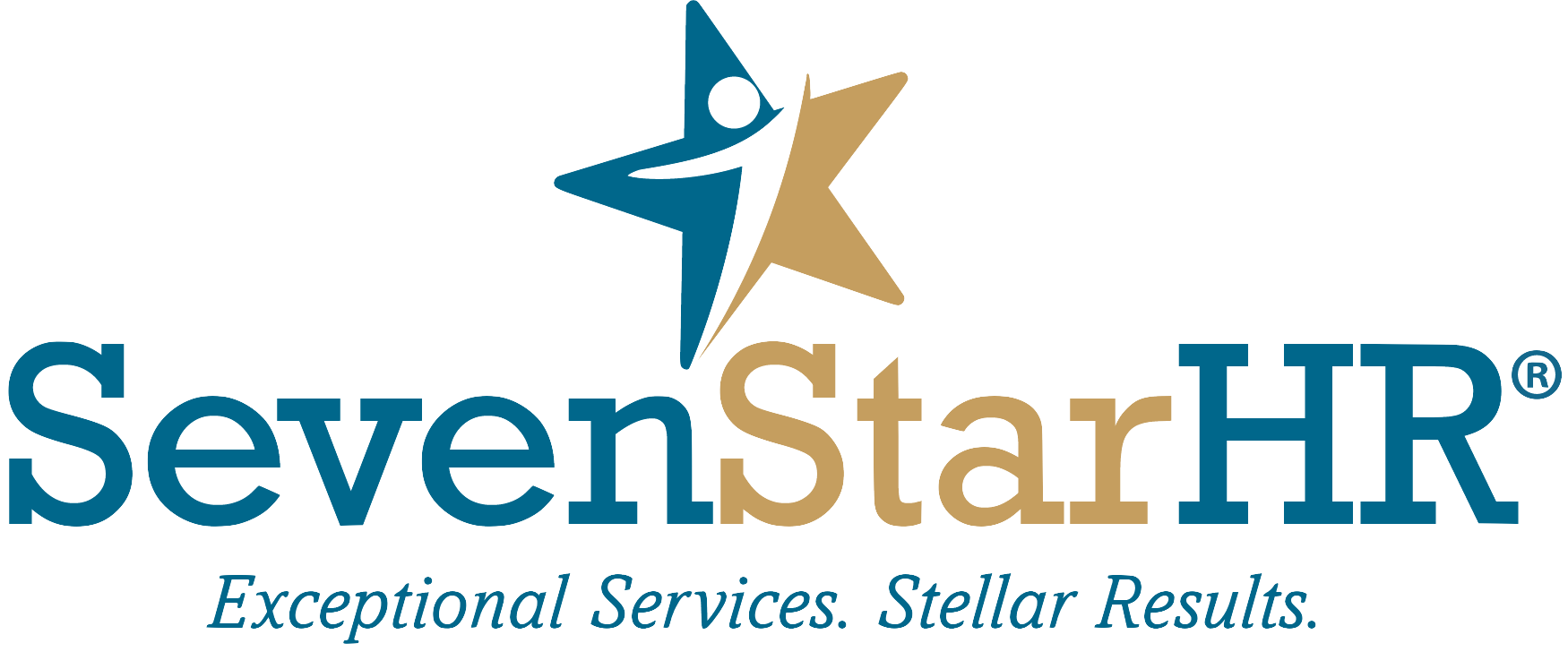Know Your Obligations: The Pregnant Workers Fairness Act and Employer Responsibilities
The Pregnant Workers Fairness Act (PWFA) was officially signed into law on June 27, 2023. The Equal Employment Opportunity Commission (EEOC) has announced that it will accept charges for violations of the PWFA occurring after this date. Approximately 3 million individuals will be impacted by this law, as it grants them the right to seek workplace accommodations related to pregnancy, childbirth, and related conditions. Employers should familiarize themselves with the key aspects of the PWFA.
Under the PWFA, both private and public sector employers with a minimum of 15 employees, Congress, Federal agencies, employment agencies, and labor organizations are required to provide reasonable accommodations to employees with known limitations associated with pregnancy, childbirth, or related medical conditions. However, accommodations that would impose an undue hardship or burden on the employer are not mandated.
Reasonable accommodations are not rigidly defined, as they vary depending on factors such as the employee's job responsibilities, specific conditions, and the impact of the requested accommodation on the employer. The PWFA aligns with other laws that safeguard employees' rights to engage in an interactive process to determine appropriate accommodations. Additionally, the law prohibits adverse actions in response to accommodation requests and prohibits employers from interfering with or retaliating against employees who exercise their rights under the PWFA.
Examples of potential reasonable accommodations, as outlined in literature published by the EEOC, include additional or flexible breaks, modified work schedules, adjustments to workplace policies to allow food or drink at workstations, and granting leave for medical appointments. While the EEOC has not yet issued specific regulations, an updated Know Your Rights Poster has been released and can be viewed online.
It is crucial for employers to be aware that other federal, state, and local laws exist to protect workers from adverse actions based on pregnancy, childbirth, or related medical conditions. The PWFA does not supersede more protective existing laws. For instance, the Family Medical Leave Act (FMLA) offers certain eligible employees of covered employers unpaid, job-protected leave for specific family and medical reasons. The Providing Urgent Maternal Protections for Nursing Mothers Act (PUMP Act), an amendment to the Fair Labor Standards Act, provides workplace safeguards for expressing breast milk.
Depending on specific circumstances and statutory conditions, employees affected by pregnancy, childbirth, or related medical conditions may also be protected under Title VII of the Civil Rights Act of 1964 or the Americans with Disabilities Act (ADA). Additionally, 30 states, Puerto Rico, the District of Columbia, and some cities have enacted laws that require accommodations for workers in relation to pregnancy, childbirth, and related conditions. Notably, the following 20 states do not currently have state laws regarding such accommodations: Alabama, Arizona, Arkansas, Florida, Georgia, Idaho, Iowa, Kansas, Ohio, Oklahoma, Michigan, Mississippi, Missouri, Montana, New Hampshire, Pennsylvania, South Dakota, Texas, Wisconsin, and Wyoming.
Employers should ensure they understand the protections afforded to their employees who are pregnant, have given birth, or have related medical conditions under all applicable federal, state, and local laws.

